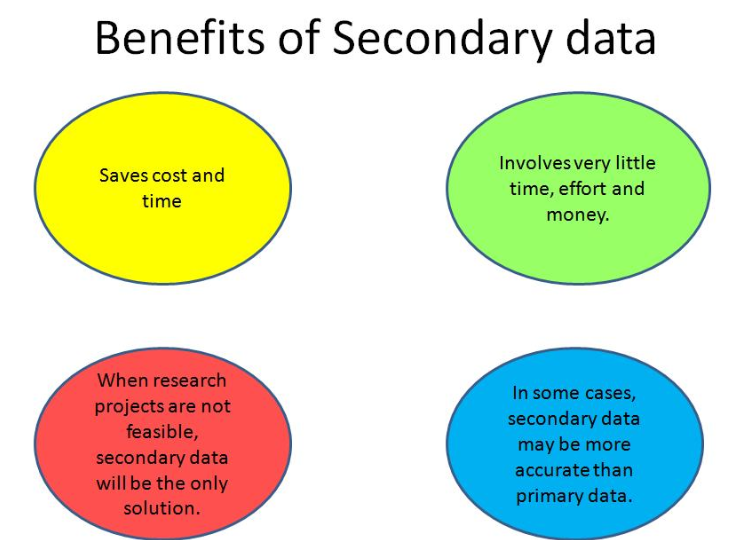 Companies who are more successful are the best innovators. But if it were so simple as to just innovate, wouldn’t all companies be on board with this concept of innovation? The reality is that dropping old business models is at times very hard… so hard that it is the cause of monotonous onslaught of the same product, and thus reduced profits and bankruptcy. It is up to the company to manage all the components outlined in the Stakeholder Theory, and to be vigilantly innovative in these categories, for the [almost] ensured success of the business.
Companies who are more successful are the best innovators. But if it were so simple as to just innovate, wouldn’t all companies be on board with this concept of innovation? The reality is that dropping old business models is at times very hard… so hard that it is the cause of monotonous onslaught of the same product, and thus reduced profits and bankruptcy. It is up to the company to manage all the components outlined in the Stakeholder Theory, and to be vigilantly innovative in these categories, for the [almost] ensured success of the business.
As we have witnessed with Dell, its Direct Business model was the most innovative of the time; it set a new precedent. And with that still didn’t stop, it went so far as to pioneer Virtual integration. As it has been seen with an overwhelming number of businesses, Innovation is difficult. The good businesses typically balance things extremely well over the short term (eg. ten years,) but then suddenly and inexplicable profits level off. The Stake Holder theory can often be a good place for Businesses to look when this happens.
- Are Customers needs being satisfied?
- Are suppliers working to improve and innovate products?
- Do employees want to be there?
Ed Freeman put it very succinctly: ”If you just focus on Financiers, you miss what makes capitalism tick.”
Innovation and directed change in one of these categories alone is not enough. Take Apple for example. They are meeting their customers needs by creating a broad array of product sizes; from the small iPod shuffle to the 9″ iPad. They are reaching their customers through many facets, including the online and physical Apple stores, and third party locations such as best buy. A third way Apple has innovated is through its suppliers, who strive to provide them with state of the art components. Everything considered, what has helped Apple achieve success is the undeniable fact that it is relentlessly innovating. Dell on the the other hand failed to continually innovate, and has their modest revenue stream to prove it.
It can be a lot to take in when first considering all of the components to a company, but broken down they provide an excellent canvas to foster innovation. Apple and Dell both innovated well, but Apple took their work rate to the next level, innovating and working hard to set the precedent before other companies in all the fields of Stakeholder Theory. The ability to manage new ideas around the layout of business activities will ultimately determine the success of a business.
 Comm 101 in the Sauder School of Business has been a truly eye-opening class. It has given me fascinating perspectives on matters that I had hardly considered prior to the beginning of this term. We have covered all of the areas of business succinctly, and I am entering my second semester of university life much more confident in a professional, business environment. Throughout the semester I have amassed several quotes that I believe to be eye opening, that I would like to share with you. Please excuse the lack of the authors names.
Comm 101 in the Sauder School of Business has been a truly eye-opening class. It has given me fascinating perspectives on matters that I had hardly considered prior to the beginning of this term. We have covered all of the areas of business succinctly, and I am entering my second semester of university life much more confident in a professional, business environment. Throughout the semester I have amassed several quotes that I believe to be eye opening, that I would like to share with you. Please excuse the lack of the authors names.







